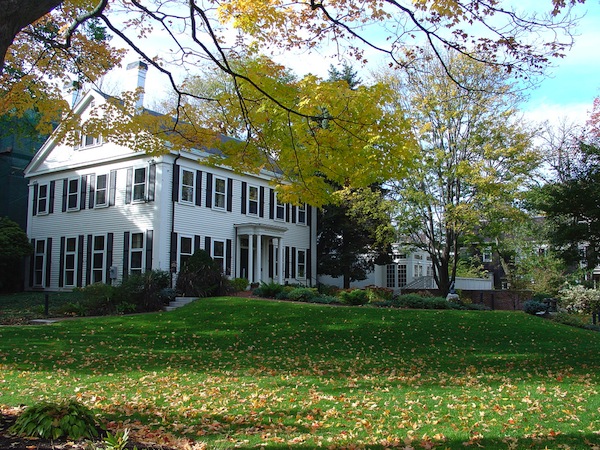

I’ve got a terrific opportunity for one or two of you.
This year, for the first time, we’re having full-time summer interns here at Nieman Lab.
Hopefully, if you’re reading this, you already know the kind of work we do here: We’re interested in journalism innovation and the future of the news. Our summer intern(s) will be right in the thick of that work, reporting and writing stories on traditional news organizations, online-native startups, nonprofit outlets, technology companies, social media platforms, and all the other players influencing how we learn about our world.
This isn’t a busy-work internship; we can all get our own coffee, thanks. Along with coming up with story ideas and seeing them through, our interns will share in the work we do on social media, like helping run our Twitter account, along with working on whatever other interesting projects we come up with. It’ll be a great experience.
The basics: The internship is 10-12 weeks long. Exact dates and length can be tweaked for your schedule, but we’re probably looking for someone to start in late May or early June. You’ll be based here in Cambridge, in our office at Lippmann House (pictured above in more autumnal times). Cambridge is really nice in the summer.
Pay: We pay $13.75 an hour, and it’s a 35-hour work week here. You can do the math. (Journalists should be able to do math!) No health insurance or other benefits — sorry. You should be aware that, while this is more money than lots of other internships offer (i.e., it’s a positive integer), this won’t be enough money to live luxuriously in Harvard Square — you’ll likely be hunting Craigslist for a sublet and a roomie.
Who we’re looking for: There’s no restriction on age or experience, but we expect this’ll be a great opportunity for current j-school grad students or recent graduates. Our interns should be bright, motivated, and already have some reporting chops. They should also be ready to geek out about the intersection of journalism, technology, business, and sociology we focus on. Well-rounded nerds, basically.
Also, please note that we’re not in a position to obtain work visas for international applicants, so you must be already eligible to work in the United States to be an intern.
Course credit: We don’t offer any credit (Harvard doesn’t even have a journalism school). But if you’re a currently enrolled student, undergraduate or graduate, I’d be happy to write a letter to your university at summer’s end, detailing the work you did, if that makes a difference to your home institution.
Please follow these instructions carefully.
To apply, email me at joshua_benton@harvard.edu, using the subject line “Nieman Lab intern application.” Your email should include four things:
Do all that by 5 p.m. on Friday, March 2 — that’s about a week and a half from today. Good luck.